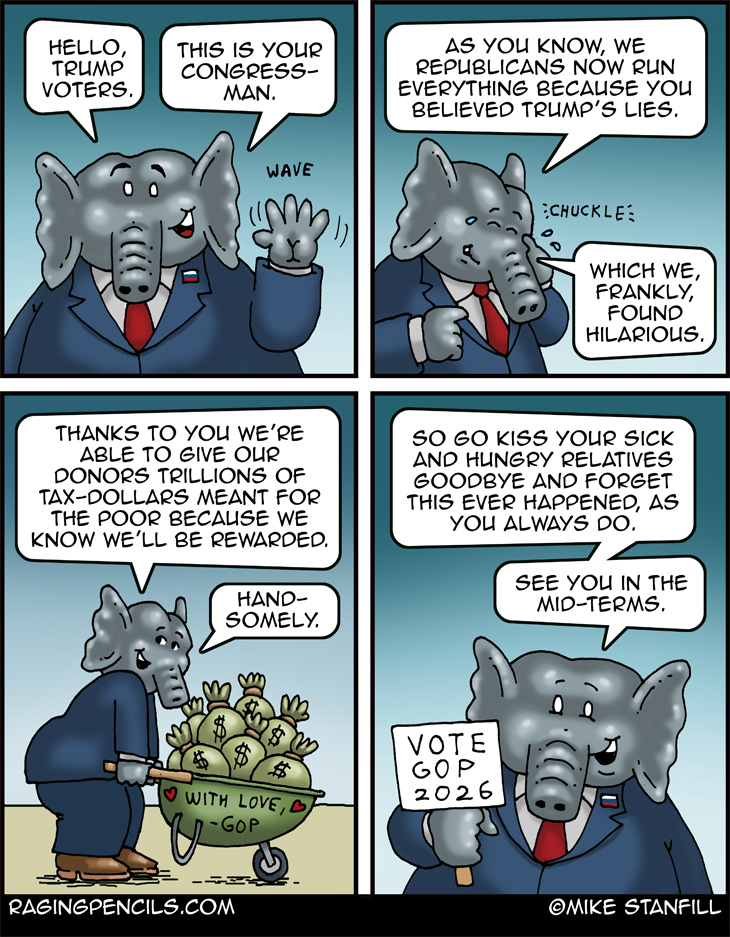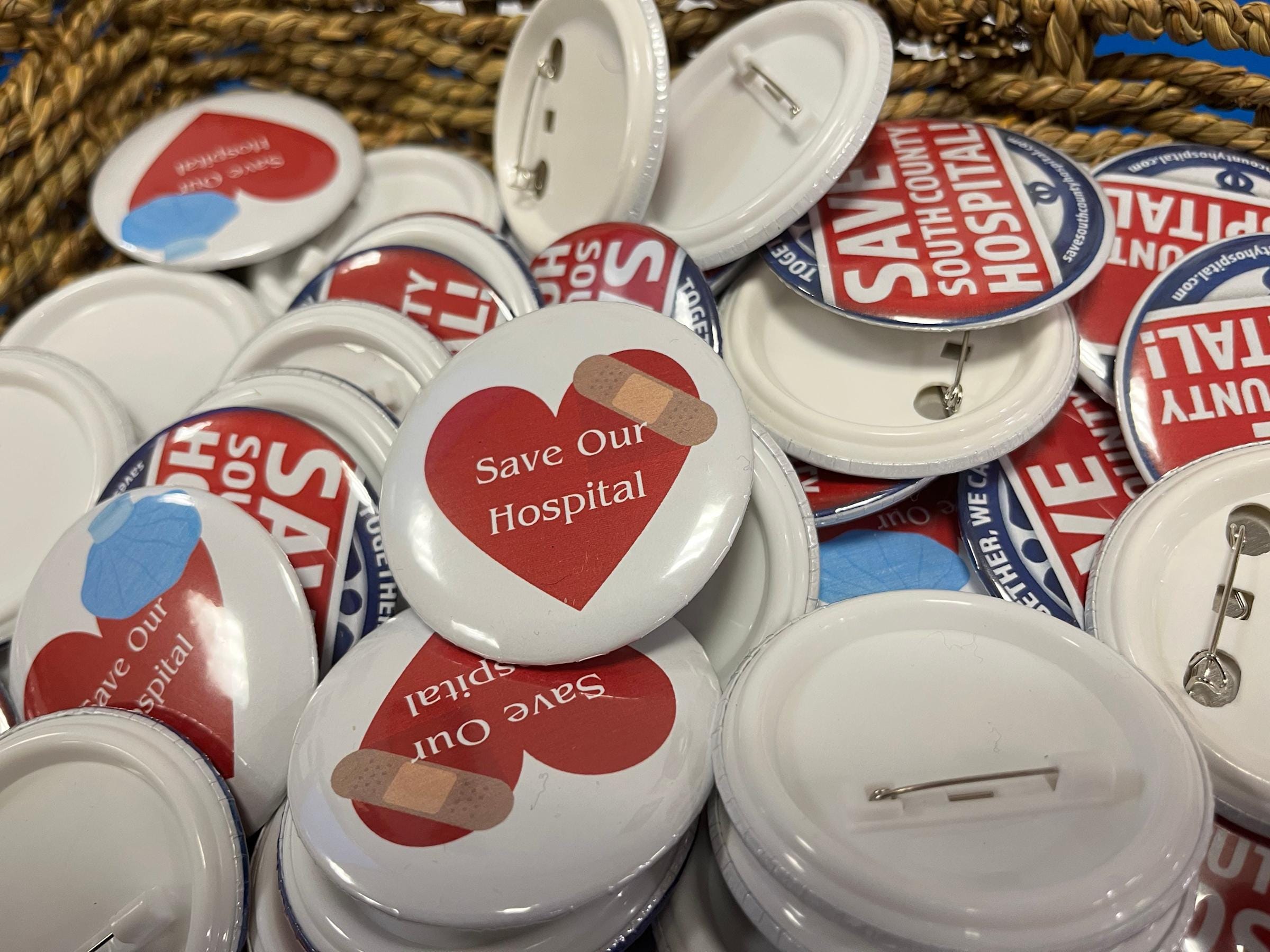The Rhode Island Worker Cooperative Alliance and Fuerza
Laboral see a worker-owned business business future
Steve Ahlquist
 |
SolPower, one of the member companies, was chosen
by Charlestown for its 2017 Solarize Charlestown
project that offered residents discounted solar panels.
In my opinion, they did a great job and I wish
the town would do it again. - Will Collette |
“I am a worker/owner at a worker cooperative cafe in
Providence,” said Chloe Chassaing. “I was a longtime worker at the
business, and four years ago, we purchased the business and reopened it as a
worker cooperative. It’s been rewarding to work there and see the difference
it’s made for us as workers to have a say in our workplace and to be able to
collaborate to run the business. It increases the sense of dignity and
investment in our workplace.”
Chassaing was emceeing the Worker Cooperative
Advocacy Day, which was celebrated by the Rhode Island Worker Cooperative Alliance, Fuerza Laboral, and elected
officials at the Rhode Island State House. During the short speaking program,
legislators, owners of employee-owned businesses, and organizations that
support worker cooperatives in Rhode Island shared their experiences and
strategies for fostering a sustainable local economy, including proposed
legislation to encourage employee ownership: the Opportunity for
Employee Ownership Act (H5940/S0752).
If passed, the legislation would increase the opportunity for employees to
purchase and own the businesses where they work when that business is sold.
“It’s been a pleasure to be part of a group of people
interested in helping build the next economy that values sustainability,
equity, and opportunity,” continued Chassaing, about the Rhode Island Worker
Cooperative Alliance. “The United Nations declared 2025
the International Year of Cooperatives. It’s fitting to be part of
that global movement.”
“Fuerza Laboral primarily focuses on labor justice,”
noted David Molina-Hernandez, the Community and Media
Coordinator at the group. “That’s why we started the nonprofit. Our population
is primarily a Latino, immigrant, and low-income community.
“We talk about the transformational power of worker-owned
cooperatives. More than just businesses, worker-owned cooperatives are engines
of opportunity because they come with equity. Fuerza Laboral decided to go
full-out on the cooperative movement once we figured out that it is the best
way to help low-income families escape poverty because they go from being
workers to worker/business owners.
“Cooperatives are structured as democracies - they’re
transparent and have shared responsibility,” continued Molina-Hernandez. “They
are a natural defense against labor injustices, such as wage theft. You cannot
steal from your other worker-owners the way a boss can steal from workers.
Cooperatives defend against abuses of power and wrongful terminations for the
same reason: everybody has a vote and makes decisions. Because of how
cooperatives are structured, labor injustice cannot happen in a cooperative.
Decisions aren’t made in a boardroom far away. They’re made by people who do
the work and know the community.
“Have you seen how many businesses are born from immigrants
in Pawtucket and Central Falls?” asked Molina-Hernandez. “Many of
these businesses are owned by first-generation immigrants. It was their dream
when they came to this country. They are the heartbeats of our neighborhoods,
but these owners are approaching retirement. We face the critical question:
What will happen to these businesses? If they close, we all lose. We lose the
city, the workers, families, and the vibrant culture surrounding these
businesses.
“But if we were to transition them into cooperatives, we
would preserve jobs, keep the wealth local, and honor the legacy of those who
built them and made Rhode Island unique. Cooperatives are practical, rooted in
shared effort, and built to last. These businesses, which brought different
colors, shapes, textures, and smells to Rhode Island, will be here and able to
last. It is not only an economic strategy but also a moral responsibility for
us to keep these businesses. We must ensure that local businesses survive,
thrive, and remain in the hands of the people who care about these businesses.
Today, we have one goal: To advocate for cooperatives and the solidarity
economy.”
Jennifer Stewart is the State Representative for
House District 59 in Pawtucket. She is the prime sponsor of the Rhode Island
Opportunity for Employee Ownership Act in the House. Senator Frank Ciccone has
the Senate bill.
“Small businesses account for approximately 99% of all
businesses in the United States, and they provide jobs for 47% of private
sector workers,” said Representative Stewart. “These small businesses anchor
our local tax base, donate to local charities, and support our community
events. They are vital for the health and stability of our communities. Yet,
when an owner wants to exit their business for any reason, most Rhode Island
small businesses have no succession plan. Moreover, in the coming weeks and months,
many small business owners plan to retire - what analysts refer to as the
‘silver tsunami.’
“Some businesses will be sold to a larger company or an
out-of-area buyer, and a few will be passed on to family members. According
to Project Equity, not
only do the vast majority of business owners not have a succession plan in
place, but many are finding it increasingly difficult to find a buyer when they
are ready to sell.
“None of those scenarios are good for the long-term
stability of our communities, so the Opportunity for Employee Ownership Act is
aimed at providing small businesses with continuity and providing employees the
life-changing opportunity to co-own their workplaces,” said Representative
Stewart. “The bill focuses on informational obstacles to worker ownership. The
bill tries to provide guidelines and mechanisms for informing employees that
the business they work for is available for sale. It’s also a way to get
employees to imagine themselves as worker/co-owners. It tries to provide some
guidelines to facilitate that process, and lay out some incentives for business
owners to entertain fair market competitive offers by a motivated group of
employees to buy the business.
“By facilitating sales of small businesses to existing
employees, local economies can preserve these successful businesses while
gaining the many demonstrated and well-researched benefits of worker ownership.
These benefits include better productivity, higher pay, more job stability, and
the survival of the business in question. Worker-owned and employee-owned
businesses have more savings. I found an interesting statistic about this.
While nearly half of Americans cannot manage a $400 emergency expense, according
to the Federal Reserve in a 2015 report, most worker/coop employees believed
they could find $2,000 in an emergency. That is a significant difference.
“Employees owning the businesses where they work have
repeatedly shown that they improve business resilience and strengthen the
communities in which they operate,” said Representative Stewart. “They provide
a pathway to business ownership for entrepreneurs who may not have access to
generational or inherited wealth. They bring increased job satisfaction,
workplace democracy, and job security for the people who do the heavy lifting,
everyday work that allows these businesses to thrive."
In short, the Rhode Island Opportunity for Employee
Ownership Act seeks to:
- Incentivize
business owners selling to employees;
- Maintain
small business legacies;
- Preserve
community character;
- Provide
opportunity for cooperative employee ownership;
- Create
sustainable & dignified jobs; and,
- Strengthen
Rhode Island’s economic resilience
“We can build a better capitalism,” said Representative
Stewart, “and this event is the start of that effort.”
Eric Beecher is one of 12 employee owners
at Sol Power, a solar
installation company based in Charlestown, Rhode Island. Sol Power has been in
business since 2013, powering more than a thousand homes in Rhode Island with
clean energy installed by employee/owners.
“We are in a four-season outdoor construction industry,
which is a tough business to be in, but our approach to it is providing people
with careers,” said Beecher. “It’s not a seasonal job. We are providing people
with good green-collar jobs and career opportunities. A great example of that
is our low turnover. Since 2013, we’ve had four people leave our business.
“We’ve seen other companies come and go. You heard a little
about the sustainability of employee-owned businesses. We’ve outlasted pretty
much every big national company in Rhode Island. We’re now considered the old
company in Rhode Island. And the reason we are sustainable and still here is
because of employee ownership. That’s why we’re outlasting the competition. If
you look online at our reviews, you see that every customer gives us five stars
and not just a quick review, but a heartfelt comment about our company. That’s
because we take pride in reaching out to and connecting with customers while
providing the best service possible.
“Sol Power is an amazing place to work. I love it. It has
been amazing for me. I’ve been there since the start, and it’s incredibly
important to me,” said Beecher. “That’s why we need to extend this opportunity
to more people. We are a sustainable business, we’ve been here for the long
haul, and we are providing our employees with a life-changing opportunity,
incredible pay, incredible benefits, and the satisfaction of running your
workplace. That’s why it’s so important that we extend this opportunity to as
many people as possible: so they can also experience the joy of running their
own business, and all the financial and equitable benefits that go with that.”
Pawtucket resident Shelby Mack is a member
of the Lefty Loosey
Bike Collective, a democratically run community bike shop based in the
Valley Neighborhood of Providence and part of the Rhode Island Worker
Cooperative Alliance. Mack is also an MBA student studying worker ownership as
an economic development tool.
“I’m going to speak briefly about the evidence for worker
ownership as an economic development strategy,” said Mack. “Over the past year,
I have been researching how worker cooperatives can contribute to creating
vibrant, inclusive economies where every resident can meet their basic needs,
and those of their families and loved ones, but also learn, contribute
meaningfully to their communities, and thrive. Research shows that supporting
worker cooperatives is an effective economic development strategy, building
community resilience and creating sustainable, dignified jobs.
“According to a 2017 study from the National Center for Employee Ownership,
when workers have an ownership interest in organizations where they work, wages
are 33% higher, median job tenure is 53% longer, and net worth increases 92%.
That’s almost double.
“When worker cooperatives form a significant portion of a
region’s economy, the results can be transformative. For example, in the Region
of Emilia-Romagna, in Italy, two-thirds of residents are members of some
form of cooperative. They have lower unemployment, a higher quality of life
rating, and remarkably higher economic resilience than most of the country’s
other regions. Importantly, policies, politics, funding, and mutual support
have been organized over a century to make that happen.
“We in Rhode Island know we’re facing remarkable challenges.
The cost of living is growing significantly, and wealth inequality is
increasing. Nowhere in Rhode Island does minimum wage enable you to rent
affordably. One-in-10 of our neighbors are living in poverty, and many more of
us are struggling to make ends meet. Funding for critical life-saving programs
is being threatened or has already been cut. Too often, our economic policy in
this state is held hostage to large corporations’ decisions as to where to
locate, whether to be here or move.
“Small businesses, which are the lifeblood of our economy,
are also in jeopardy. According to data compiled by Project Equity,
56% of small business owners in Rhode Island are over 55, meaning we have that
impending silver tsunami we’ve been hearing about today. Industry experts
suggest that some small businesses, maybe 70 to 80%, do not successfully sell
when the owner wants to exit. And it does not have to be this way. We can build
our economy from the ground up, from the people up.
“Worker ownership through Employee Stock Ownership Plans
(ESOPs), employee trusts, and worker cooperatives expand the benefits of small
business ownership for the many instead of the few,” continued Mack. “Worker
ownership is not just about financial security and wealth building, although
this is critical. From my experience running Lefty Loosey, with 13 other people
for the past five years, I can tell you that making decisions together has
helped me feel how precious democracy is and how important it is to fight for
it when it’s under attack. I feel such a deep sense of pride in what we’ve
built together, the hundreds of bicycles we’ve given away to people who need
them, the hundreds of people who have found that they can learn mechanical and
hands-on skills when given the opportunity through our classes, and the
thousands of people whose bikes we’ve helped repair. We’ve done so much more
together when we harnessed the creativity and initiative of so many people than
we would have if just one or two people had run this business.
“That’s a pride I want everybody to have the opportunity to
feel,” said Mack. “That’s why we worked to introduce the Rhode Island
Opportunity for Employee Ownership Act. As you’ve heard, it allows workers to
buy a business in the event of a sale, and provides an incentive to the seller.
We invite Rhode Islanders to imagine a future where worker ownership is the
norm, not the tiny exception; where most of us can experience the financial
security, resilience, and sense of pride that comes with ownership and stewardship.”
RIFuture.news is a reader-supported publication. To receive
new posts and support my work, consider becoming a free or paid subscriber.




.webp)
.webp)

















.webp)





.webp)



